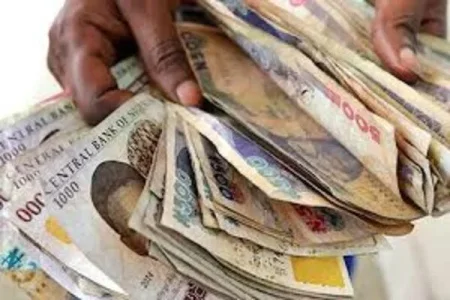
The Nigerian Naira ranks among sub-Saharan Africa's weakest currencies, alongside the Ethiopian Birr and South Sudanese Pound, depreciating by 43% by August 2024. The World Bank attributes this to high dollar demand, limited inflows, and rising inflation, with Nigeria’s economic growth forecasted to reach 3.3% this year.
The World Bank’s latest Africa’s Pulse report has identified the Nigerian Naira as one of the most depreciated currencies in sub-Saharan Africa by the end of August 2024, alongside the Ethiopian Birr and South Sudanese Pound. The Naira's value has dropped approximately 43% year-to-date, driven by high demand for US dollars in Nigeria’s parallel market and limited dollar inflows.
Financial institutions, investors, and everyday users are contributing to this demand, while slow foreign exchange disbursements by Nigeria's Central Bank have further strained the currency’s value.
The report points to the rising inflation rate, which reached 32.7% in September, as a key pressure on the Naira. Despite the decline, the World Bank projects Nigeria’s economic growth to reach 3.3% in 2024, expecting a slight increase in the coming years.




